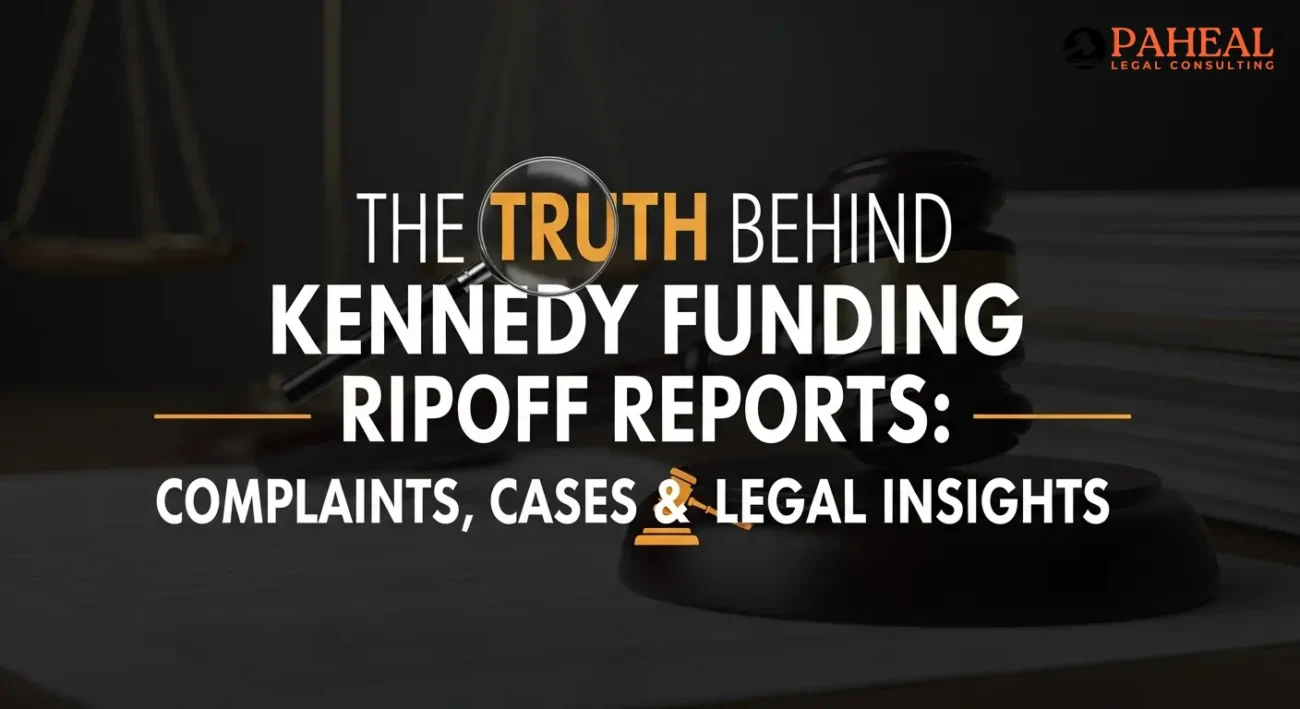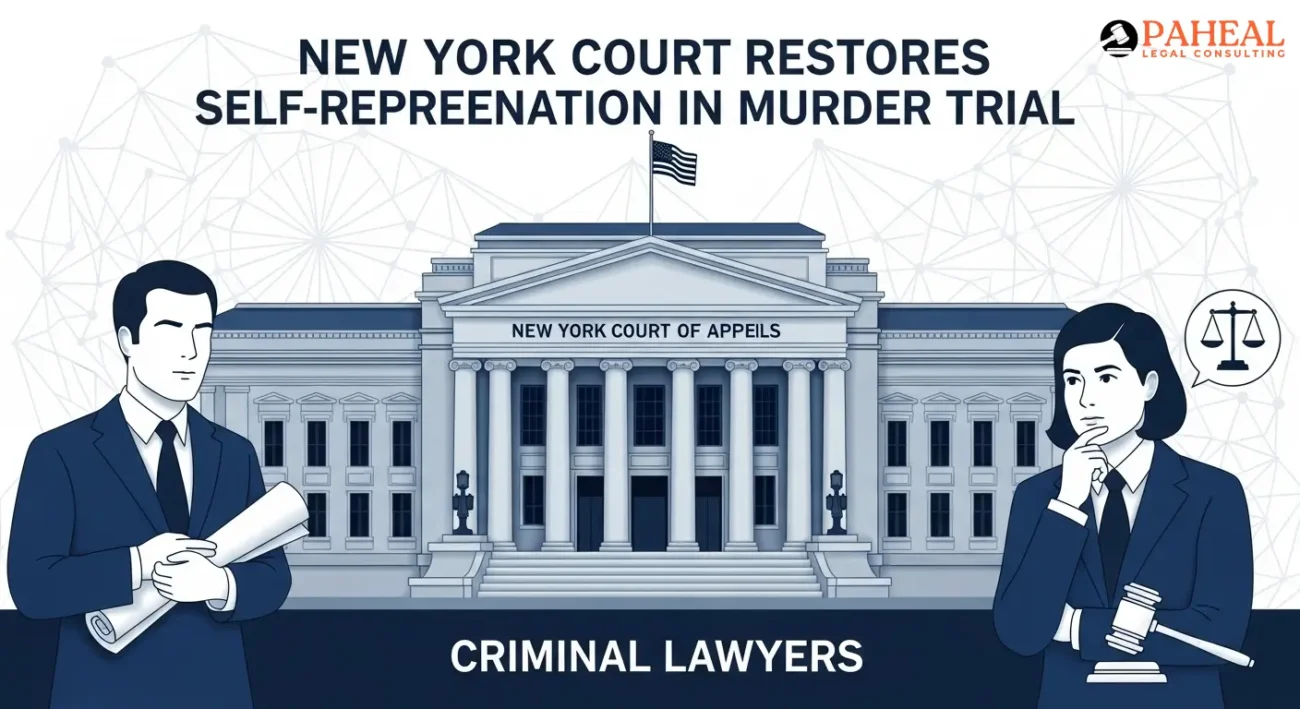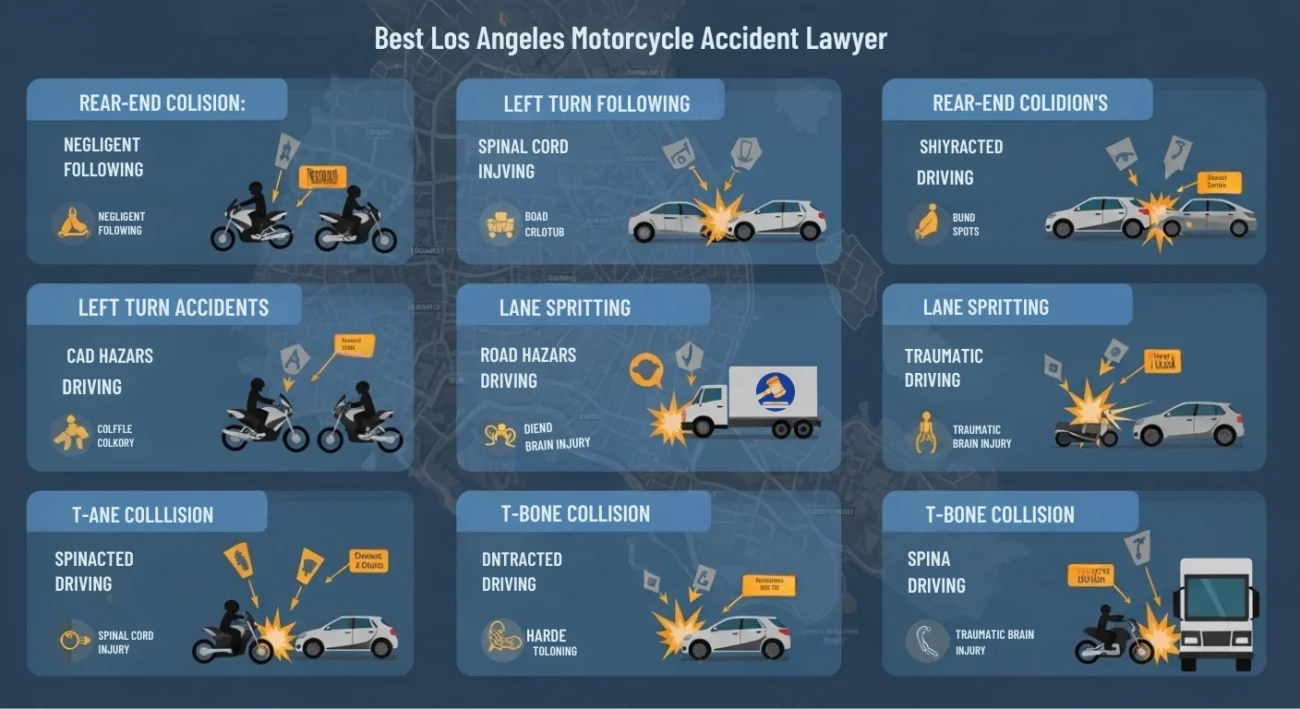
Business Law in US touches almost everything a company does from forming an LLC to paying employees to selling across state lines. In one easy read, you’ll learn what counts as “business law,” how federal and state rules fit together, the everyday rules most small businesses bump into, and what changed recently (including a big update on beneficial ownership reporting). Along the way, you’ll see a quick reference table and a short comparison to three popular pages so you know how this guide goes further.
What “Business Law in US”
Business law is the set of rules that governs how companies are formed, financed, run, and sometimes sued. It mixes federal laws (like antitrust and employment) with state laws (like contracts and LLC statutes), plus a nationwide model code called the UCC that many states adopt for sales of goods and secured lending. Think of it as the operating system for commerce: if you do business, you’re using it, whether you notice or not.
How Federal & State Rules Work Together
Federal law sets nationwide floors in areas like competition (Sherman and Clayton Acts), truth-in-advertising (FTC Act), and anti-discrimination at work (EEOC enforced laws). States then add their own layers for contracts, company types, licensing, and consumer protection. When you cross state borders say, selling online the U.S. Constitution’s Commerce Clause lets Congress regulate the interstate bits, while the UCC helps keep state rules harmonized.
Why This Matters to a Small Business
Rules aren’t just red tape; they’re guardrails. Clear contracts reduce disputes, the right entity shields your personal assets, fair hiring rules save you from costly claims, and truthful marketing builds trust. If you ignore the basics, you can end up paying more in fixes and fines than it would’ve cost to do it right.
Here’s a simple, at a glance chart you can skim before your next coffee:
| Topic | Core Idea | Typical Trigger | Main U.S. Enforcer |
|---|---|---|---|
| Company formation | Choose LLC/corp/partnership to limit liability and set governance | Starting a business or adding co-owners | State agencies (e.g., Secretary of State) |
| Hiring & workplace | Follow anti-discrimination and harassment rules; know coverage thresholds | Reaching 15 employees (20 for age cases), or even fewer for some laws | EEOC |
| Selling goods & lending | Use UCC rules for sales, warranties, and secured loans | Selling goods, taking inventory loans | State-adopted UCC |
| Competition | Don’t fix prices or monopolize; mergers get scrutiny | Collaborating with competitors or acquiring rivals | DOJ/FTC |
| Advertising & franchises | Ads must be truthful; franchisors must disclose FDD 14+ days before signing | Marketing; selling or buying a franchise | FTC |
| Consumer protection | Avoid unfair or deceptive practices; states add extra teeth | Selling to consumers | State AGs & FTC |
| Licensing & permits | Check local and state licensing before opening doors | Opening or expanding locations | State & local agencies |
An LLC is the flexible, popular pick for many small teams: it can help protect personal assets and allows pass-through taxation by default. A corporation fits startups planning to raise money and issue stock. Partnerships are simple when you’re just two people starting lean, but draft a real agreement so you don’t fight about who brings the donuts and the capital. For nuts-and-bolts coverage on LLCs, FindLaw has a solid primer; what you’re reading adds the “when to choose what” context most primers skip.
Contracts That Won’t Bite You Later
Clear contracts say who does what, by when, for how much, and what happens if things go sideways. For sales of goods, Article 2 of the UCC fills in missing terms and sets warranty rules, which is why your form templates should match your state’s version. Add governing law and venue clauses so you don’t end up flying across the country for a minor dispute. If you ever take inventory financing, expect a lender to file a UCC-1 that’s normal.
Hiring Without Headaches
Most federal anti discrimination laws kick in at 15 employees (and at 20 for age discrimination), and they cover hiring, firing, promotions, pay, training, and harassment. Even tiny teams should adopt a one page anti-harassment policy and train managers to spot issues early; the EEOC offers plain English resources you can share on day one.
Selling Honestly & Advertising Smartly
If you make claims in ads, you need a reasonable basis for them. If you sell or buy a franchise, there’s a special rule: the franchisor must give you a Franchise Disclosure Document (FDD) at least 14 days before you sign or pay anything. That cooling-off window is there so you can ask questions and avoid buyer’s regret with a side of legalese.
Competing Fairly Without Stepping on Landmines
Don’t agree with competitors to set prices or divvy up customers. Be cautious about sharing sensitive data with rivals, even in trade groups. Big mergers can require notice and review. The Sherman Act and Clayton Act are the backbone here; when in doubt, pause the meeting and phone counsel.
Consumer Protection the State Angle You Can’t Ignore
States aggressively police “unfair or deceptive” practices. This goes beyond warranties and covers things like hidden fees and misleading claims. Before you launch a promo that sounds “too clever,” imagine it on the front page with your logo next to it then rewrite it. Nolo and FindLaw both map state-level rules well if you want a deeper state-by-state read.
The UCC: The Quiet Rulebook Behind Everyday Deals
From purchase orders to wire transfers, the UCC keeps commerce predictable across state lines. It doesn’t cover real estate, but it does cover sales of goods, secured transactions, negotiable instruments, and more. If your business ships things, takes deposits, or uses inventory as collateral, you’re living in UCC-land already even if you didn’t know its name until right now.
Beneficial Ownership Reporting Changed in 2025
You may have heard that, starting in 2024, many small companies had to report “beneficial owners” to FinCEN under the Corporate Transparency Act. That changed in March 2025, when the agency announced an interim final rule removing the reporting requirement and updated its small-business resources accordingly. If you saw older guidance with 2024–2025 deadlines, note that the requirement has been lifted. Always check FinCEN’s latest page before acting.
How to Use this in Real Life
Start with a short checklist: pick the right entity; register where you actually operate; keep clean contracts; adopt a basic employee policy packet; confirm you’re telling the truth in ads; and double-check whether your state needs any licenses for your line of work. If you’re buying a franchise, calendar the FDD review window and ask for the performance data in writing. If you sell goods, align your sales terms with your state’s UCC article and keep lender filings organized.
Need more help?
Call, email or chat a member of the Answer Connect team today!
New York Court Restores Self-Representation in Murder Trial
-
Posted by
 Julie Rendelman (Criminal Law)
Julie Rendelman (Criminal Law)
- 0 comments
Best Los Angeles Motorcycle Accident Lawyer
-
Posted by
 admin
admin
- 0 comments
Chat with a LiveHelp Operator now!
Need help finding what you need?
Chat with a live operator Monday to Friday, 9 AM to 5 PM (NY Time).
Please note that LiveHelp is unavailable on most holidays. Before chatting, review our privacy policy for more information.




